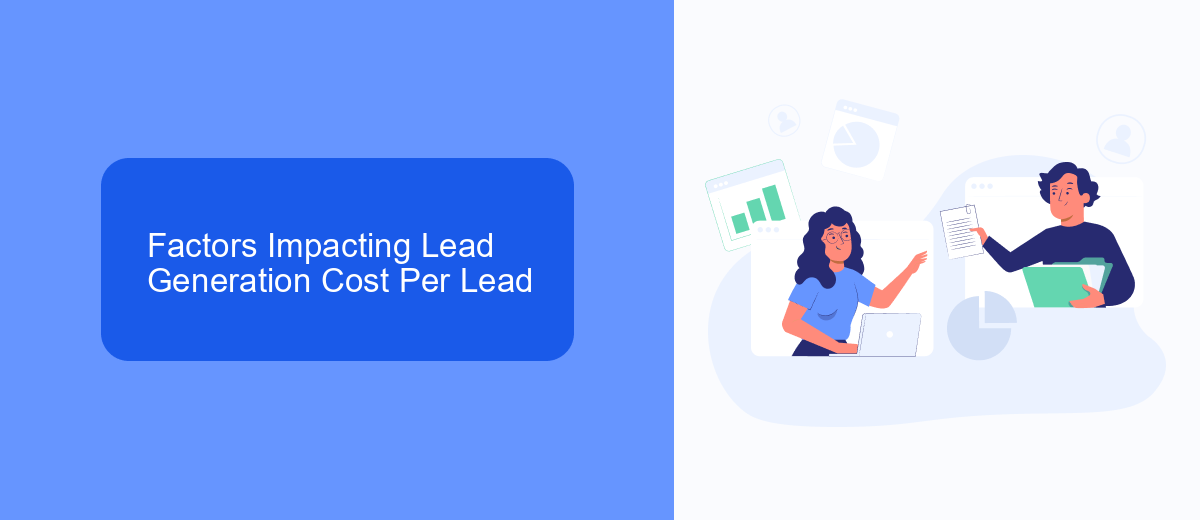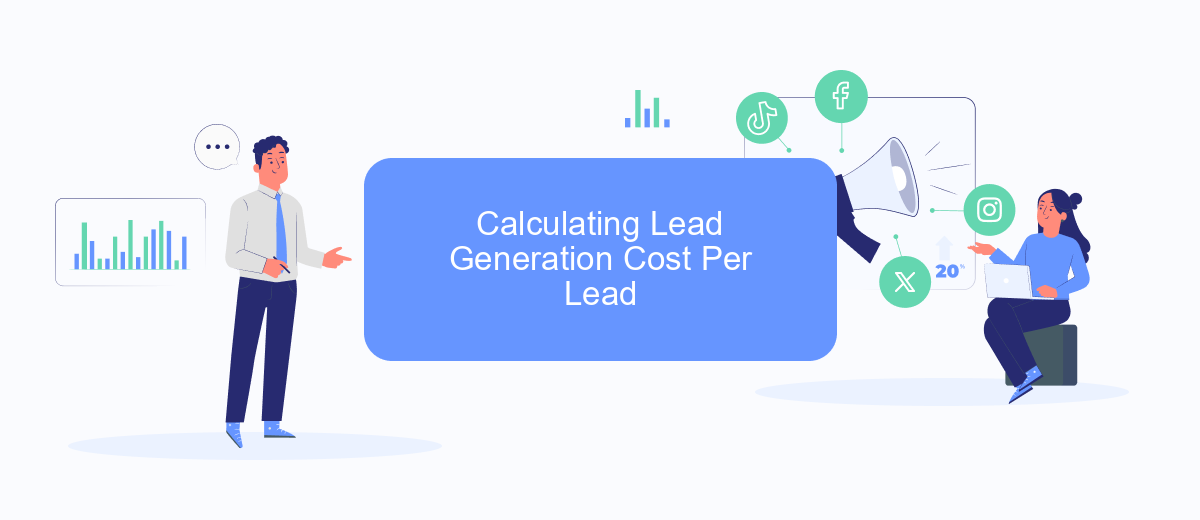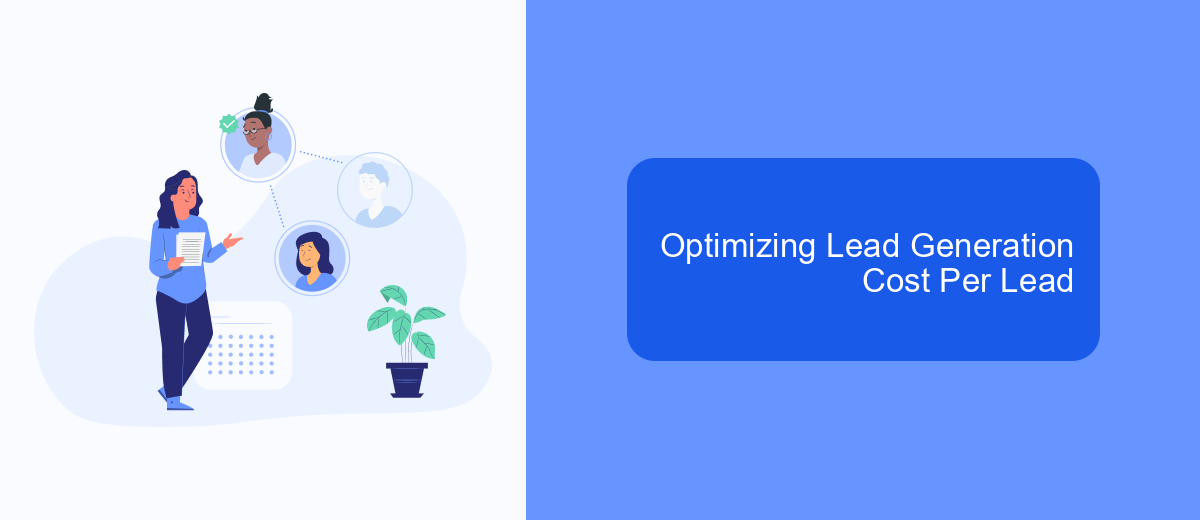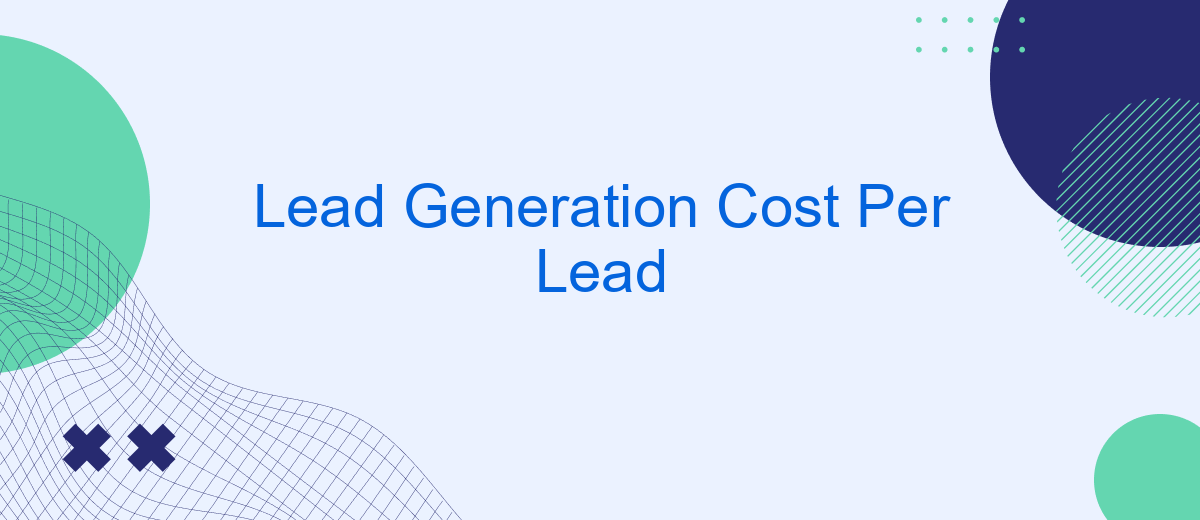Lead generation is a critical component for businesses aiming to expand their customer base and drive sales. One of the key metrics in evaluating the effectiveness of lead generation strategies is the Cost Per Lead (CPL). Understanding CPL helps businesses optimize their marketing budgets, improve ROI, and make informed decisions about their lead generation efforts. This article explores the factors influencing CPL and strategies to minimize it.
Definition of Lead Generation Cost Per Lead
Lead Generation Cost Per Lead (CPL) is a crucial metric in digital marketing that quantifies the expense incurred to acquire a single lead. This metric helps businesses evaluate the efficiency of their marketing campaigns and make informed decisions about budget allocation. Understanding CPL is essential for optimizing marketing strategies and maximizing return on investment (ROI).
- Definition: The total cost spent on lead generation divided by the number of leads acquired.
- Importance: Helps in assessing the effectiveness of marketing efforts.
- Optimization: Enables better budget planning and resource allocation.
To effectively manage and reduce CPL, businesses can utilize integration services like SaveMyLeads. This service automates the process of capturing and transferring leads from various sources, ensuring that no potential customer is missed. By streamlining lead management, SaveMyLeads helps in reducing manual efforts and costs, ultimately lowering the overall CPL and enhancing marketing efficiency.
Factors Impacting Lead Generation Cost Per Lead

Several factors influence the cost per lead in lead generation, including the quality of the lead source, targeting precision, and the chosen marketing channels. High-quality lead sources often require a more significant investment but yield better conversion rates. Precise targeting through demographic, geographic, and behavioral data helps in reaching the most relevant audience, thereby improving the cost-effectiveness of lead generation campaigns. Additionally, different marketing channels, such as social media, email marketing, and search engine advertising, have varying costs and effectiveness rates, impacting the overall cost per lead.
Another critical factor is the integration and automation of lead generation processes. Utilizing services like SaveMyLeads can streamline the workflow by automatically transferring leads from various platforms to your CRM or email marketing tools. This not only saves time but also reduces the risk of losing potential leads due to manual errors. Efficient integration and automation can significantly lower the cost per lead by optimizing the lead management process and enhancing the overall efficiency of lead generation efforts.
Calculating Lead Generation Cost Per Lead

Calculating the cost per lead (CPL) is essential for evaluating the efficiency of your lead generation campaigns. To accurately determine your CPL, follow these steps:
- Calculate total marketing expenses: Sum up all the costs associated with your marketing efforts, including advertising, content creation, and tools.
- Count the total number of leads generated: Track the number of leads captured through various channels during a specific period.
- Divide total expenses by total leads: Use the formula CPL = Total Marketing Expenses / Total Number of Leads to find your cost per lead.
By regularly calculating your CPL, you can identify which marketing channels are most cost-effective and adjust your strategy accordingly. Utilizing tools like SaveMyLeads can streamline this process by automating lead capture and integration with your CRM, ensuring accurate and up-to-date data for your calculations.
Optimizing Lead Generation Cost Per Lead

Optimizing the cost per lead (CPL) in lead generation is crucial for maximizing return on investment (ROI) and ensuring sustainable growth. By focusing on key strategies, businesses can effectively reduce their CPL without compromising lead quality.
One of the primary methods to optimize CPL is by refining your target audience. Utilize data analytics to identify and focus on high-converting demographics. This targeted approach ensures that marketing efforts are directed towards prospects who are more likely to convert, thereby reducing wasted spend.
- Leverage marketing automation tools to streamline lead nurturing processes.
- Optimize landing pages to improve conversion rates with A/B testing.
- Utilize social media and content marketing to attract organic leads.
- Implement integration services like SaveMyLeads to automate lead data collection and management.
Additionally, continuously monitor and analyze your lead generation campaigns. Regularly reviewing performance metrics allows for timely adjustments and improvements. By integrating tools like SaveMyLeads, businesses can automate and optimize the lead management process, ensuring that valuable time and resources are used efficiently.
Tracking and Measuring Lead Generation Cost Per Lead
Tracking and measuring the cost per lead (CPL) in lead generation is crucial for understanding the efficiency and effectiveness of your marketing efforts. To start, it’s essential to set up a reliable tracking system that captures data on every lead generated. This can be done through various tools and platforms that integrate seamlessly with your marketing channels, such as Google Analytics, CRM systems, and specialized lead tracking software. By consistently monitoring these metrics, you can identify which channels are delivering the best return on investment and adjust your strategies accordingly.
One effective way to streamline this process is by using services like SaveMyLeads, which automate the integration of lead data from various sources into a unified platform. SaveMyLeads allows you to connect your lead generation tools with your CRM or other marketing software, ensuring that all data is captured accurately and in real-time. This not only saves time but also enhances the accuracy of your CPL calculations. By leveraging such integrations, you can make more informed decisions and optimize your marketing budget for maximum impact.
FAQ
What is Lead Generation Cost Per Lead (CPL)?
How can I reduce my Cost Per Lead?
Why is it important to track CPL?
What factors influence the Cost Per Lead?
How can automation tools help in managing CPL?
You probably know that the speed of leads processing directly affects the conversion and customer loyalty. Do you want to receive real-time information about new orders from Facebook and Instagram in order to respond to them as quickly as possible? Use the SaveMyLeads online connector. Link your Facebook advertising account to the messenger so that employees receive notifications about new leads. Create an integration with the SMS service so that a welcome message is sent to each new customer. Adding leads to a CRM system, contacts to mailing lists, tasks to project management programs – all this and much more can be automated using SaveMyLeads. Set up integrations, get rid of routine operations and focus on the really important tasks.
